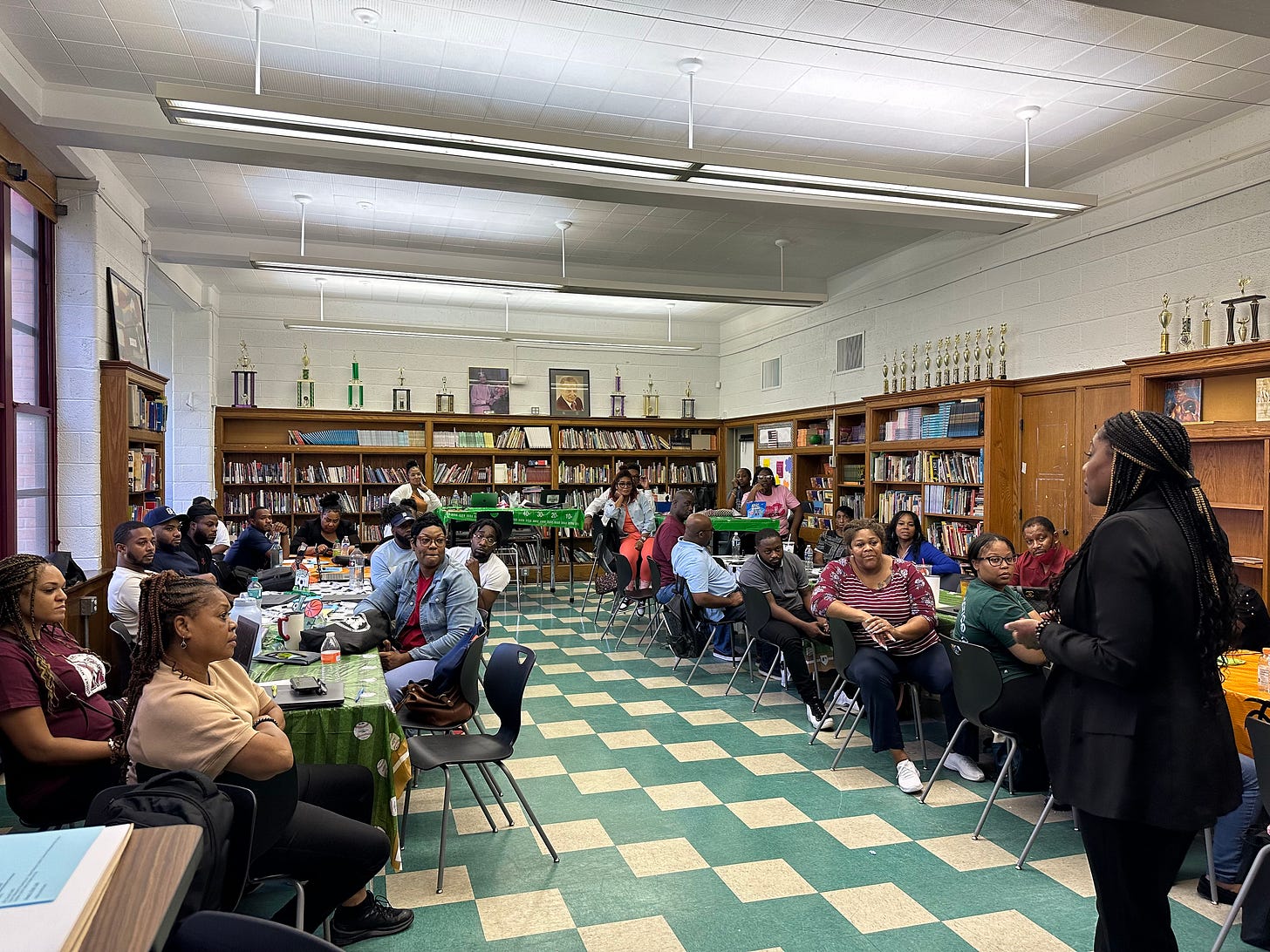The Importance of Regular Communication with Your Child's Teachers
30 Days worth of Game 4 of 30
As parents, we play a vital role in our children's education and development. While schools and teachers are responsible for delivering knowledge and fostering growth, our involvement and support are equally crucial. Maintaining regular communication with our child's teachers is essential to this involvement. This blog post will explore the benefits and strategies of fostering a solid parent-teacher relationship to enhance our child's academic journey.
1. Building Trust and Collaboration:
Regular communication with teachers helps establish a foundation of trust and collaboration. Engaging in conversations demonstrates our commitment to our child's education, encouraging teachers to share valuable insights and updates. This trust between parents and teachers creates a supportive and cohesive learning environment.
2. Gaining Insight into Your Child's Progress:
When we maintain open lines of communication with teachers, we gain valuable insights into our child's academic progress, strengths, and areas that need improvement. Regular updates, parent-teacher conferences, and progress reports provide a comprehensive picture of our child's performance, allowing us to promptly address any concerns or challenges.
3. Addressing Concerns and Challenges:
Communication with teachers provides a platform to discuss any concerns or challenges our child may face academically or socially. By sharing information about our child's individual needs, learning styles, or personal circumstances, teachers can tailor their approach and provide appropriate support. Together, parents and teachers can develop strategies to overcome obstacles and ensure our child's success.
4. Enhancing Parental Involvement:
Regular communication with teachers helps strengthen parental involvement in our child's education. We can actively participate in our child's learning journey by staying informed about classroom activities, assignments, and upcoming events. This involvement reinforces the importance of education and encourages our child's engagement and enthusiasm for learning.
5. Promoting Consistency and Reinforcement:
Effective parent-teacher communication promotes consistency between home and school environments. When teachers and parents share information, goals, and expectations, it allows for a cohesive approach to education. Consistent reinforcement of learning strategies, values, and behaviors at home and school creates a stable foundation for our child's development.
Strategies for Effective Communication:
a. Initiate Communication: Take the initiative to introduce yourself to your child's teachers at the beginning of the school year. Share your contact information and express your willingness to collaborate.
b. Attend Parent-Teacher Conferences: Make it a priority to attend scheduled conferences to discuss your child's progress, strengths, and areas for improvement. Come prepared with questions and concerns.
c. Utilize Digital Communication Tools: Many schools offer online portals or apps that facilitate communication between parents and teachers. Take advantage of these platforms to stay updated on assignments, grades, and other important information.
d. Be Respectful and Constructive: Maintain a respectful and constructive tone when communicating with teachers. Address concerns or questions non-confrontationally, focusing on finding solutions and working together.
e. Show Appreciation and Support: Recognize and appreciate your child's teachers' hard work and dedication. Express gratitude for their efforts and offer your support whenever possible.
Conclusion:
Regular communication with your child's teachers is a powerful tool that fosters collaboration, enhances parental involvement, and promotes your child's academic success. You create a supportive and cohesive learning environment that benefits your child's development by actively engaging in conversations and building relationships with teachers.


